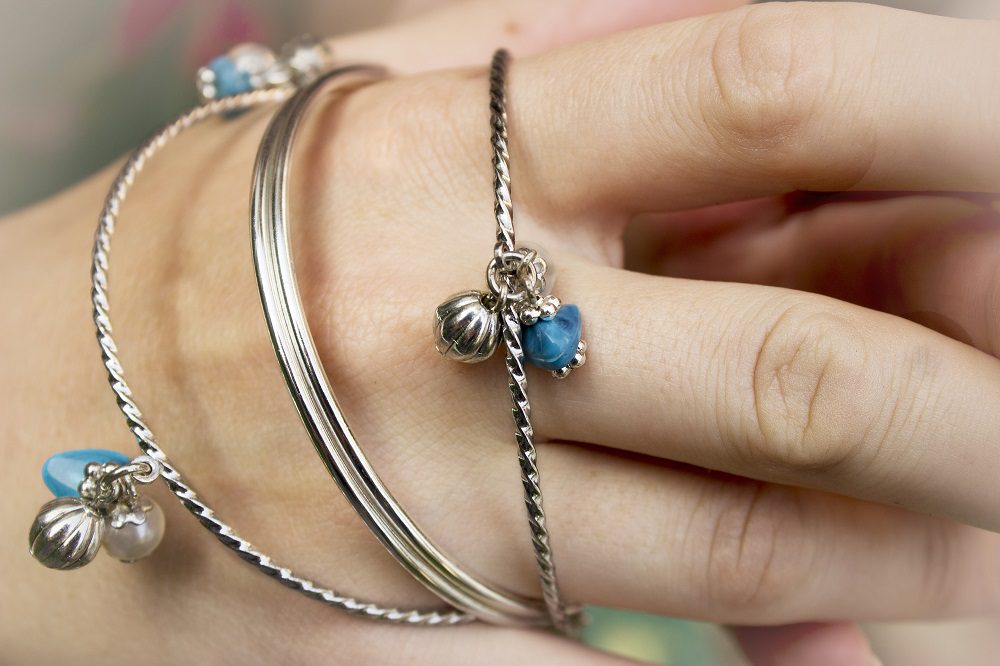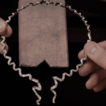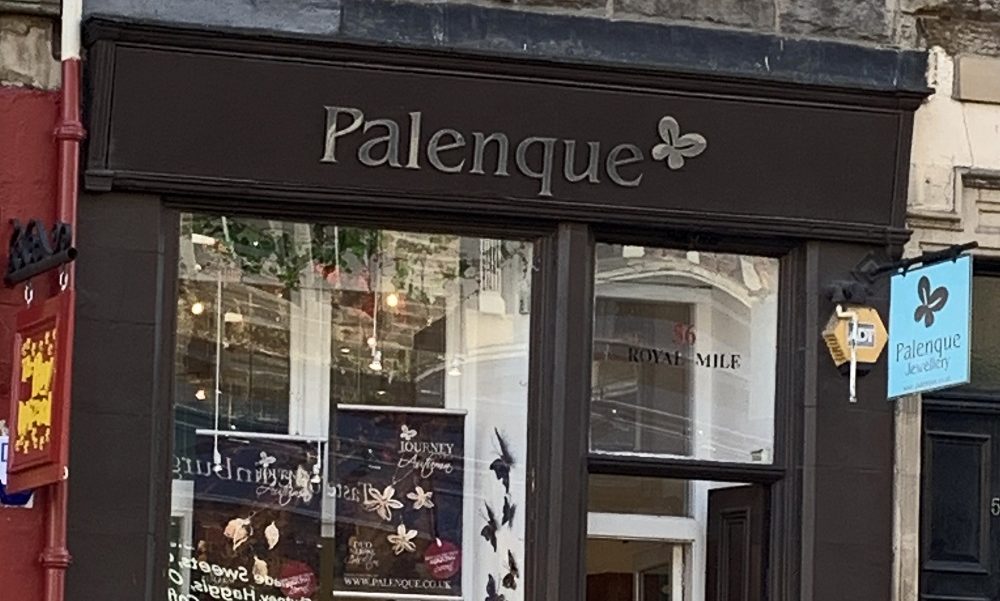Register to get 2 free articles
Reveal the article below by registering for our email newsletter.
Want unlimited access? View Plans
Already have an account? Sign in
The jewellery sector has traditionally been an old-fashioned industry with few tech innovations. A large amount of purchases involving high-value products are typically done in person with established and trusted relationships. But this appears to be changing, slowly but surely. The industry is embracing new technology advances such as blockchain.
Blockchain technology can help to create absolute traceability of every element in the jewellery supply chain. This covers everything from mine to refinery, manufacturer, retailer and finally, to the consumer. Blockchain allows any virtual or physical good to be tracked, from one place to another as long as all the participants in the chain-of-custody have access to the blockchain and enter their transactions accurately. This type of supply chain works to reassure the consumer that the jewellery they are purchasing has been ethically sourced.
There is growing concern for consumers around ethical purchasing; consumers are progressively educating themselves on how they can make purchases without causing harm to the environment. Blockchain is one of the key ways that technology can ensure consumers’ peace of mind and empower them with the knowledge that they are making a positive impact. Trust, transparency and traceability in the supply chain
Trust, transparency and traceability in the supply chain
In its journey from uncut stone buried under miles of earth and rock, to its final resting place in the window of high-end jewellers, a precious stone passes through dozens of hands. The supply chain for precious stones is among the most complex and fragmented of any industry, so therefore using blockchain technology increases authenticity.
For consumers, the traceability of these stones is of paramount importance. While the jewellery industry has tried to address this concern, it has been very slow to embrace new technology-driven solutions.
But this entrenched conservatism, with all its inherent inefficiencies, the industry is starting to give way and are beginning to recognise the potential of blockchain. It is clear to see that the supply chain does need to be upgraded and optimised and the use of technology can help to jump-start this process.
There are three key ways in which the supply chain can be optimised. The first is how the data is managed; by revolutionising the way that supply chain data is managed, the industry can allow for greater traceability of product journeys. A more effective way to manage and collate data across all the players in the ecosystem means we can now build on the way the supply chain works.
The second is meeting the consumers’ demand for understanding the product journey; consumers are interested in their carbon footprint, manufacturing conditions and providence of what they buy. They are now increasingly demanding more and want to make ethical choices by voting with the pounds in their pockets. The third and final way is by using online systems. By using online systems, you can better spot trends and meet anticipated consumer demand over the short and medium-term. This will also help to significantly reduce returns.
Solving the traceability conundrum
It is very hard to sell a car without a log book. For the jewellery industry, blockchain could one day provide a digital logbook for every precious stone. The owner of a diamond ring could sell it accompanied with a blockchain-powered history of the item that provides the buyer with complete traceability regardless of its age or history. Any jewel without this logbook would be inherently less valuable.
The long-term vision for the jewellery industry is already being explored by major players; DeBeers created Tracr in May 2018 in an effort to track the diamonds they moved from mine to cutter to polisher to retailers using the Ethereum blockchain framework. IBM has also developed its blockchain solution called TrustChain, built on the hyper-ledger Fabric blockchain framework in collaboration with Richine Group Inc, a jewellery manufacturing and distribution company (owned by Berkshire Hathaway).
The challenge ahead
For global giants, the opportunities provided by blockchain are relatively easy to grasp.
But the jewellery industry is incredibly fragmented and contains tens of thousands of small artisanal players – from tiny mines to traders, brokers, polishers, wholesalers and retailers. For example, the 10 biggest jewellery chains control only 12% of the industry according to a recent report from McKinsey.
In order for blockchain to have a significant impact on the industry, systems need to be developed to allow for the technology to be easily adopted by players of every size and ultimately accessible by consumers.
The key to mass adoption by all players in the industry will lie in making sure there are no charges to join any unified system and that transaction fees are kept low. Individual companies will be responsible for updating their systems and processes and making sure they are integrated into the blockchain platform. What’s next?
What’s next?
As DeBeers and IBM have probably already discovered, blockchain adoption is only part of the traceability solution. In order for supply chains in this industry to share traceable data, each company along the chain needs to develop repeatable, uniform process and manage those processes with consistency.
Other luxury goods players are also beginning to understand the significance of using blockchain such as luxury brand conglomerate LVMH. In May 2019, they announced their venture into launching a blockchain for proving the authenticity of high-priced items.
The jewellery industry has far more cottage industries than sophisticated players and this will be one of their biggest challenges. But as consumers increasingly prefer to make purchases with ethical and sustainability practices at their core, the industry must be prepared to meet this consumer demand and changing the preference. And companies who can tap into this growing demand will benefit from a wealth of new opportunities.
But despite the challenges, the potential benefits of blockchain to the industry far outweigh the difficulties in driving widespread adoption. Given ever greater demands on the part of consumers for full traceability, it looks like it is a case of when rather than if the jewelry industry embraces the potential of blockchain.
About the author
Sukhi Jutla is the co-founder and COO of MarketOrders.net. MarketOrders.net is an online marketplace helping independent retail jewellers to source the products they need faster, cheaper and direct from suppliers using blockchain technology. Find out more at https://www.marketorders.net/



















